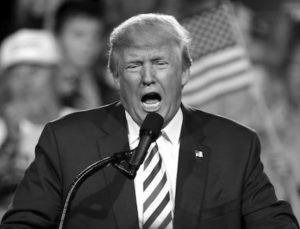Thomas Ferguson, Benjamin Page, Jacob E. Rothschild, Arturo Chang, and Jie Chen at The Institute for New Economic Thinking:
 Donald Trump’s election in 2016 as president of the United States can be taken as a striking example of the rise of right-wing populism around the world.
Donald Trump’s election in 2016 as president of the United States can be taken as a striking example of the rise of right-wing populism around the world.
Scholars and others have debated what the roots of that populism are among mass publics. For example, did voters in the United States respond chiefly to social anxieties—racism, xenophobia, sexism? Or mainly to economic distress—lost jobs, stagnant wages, home foreclosures, health care crises, student loan debt, and the like?
Most analysts have concluded that social anxieties overwhelmingly predominated. They argue that the story is simple: Trump was elected by “deplorables,” fueled by racial resentment, sexism, and fear or dislike of immigrants from abroad. Economics, they say, made little or no difference. This story has been repeated so often in many parts of the mass media that it has hardened into a kind of “common sense” narrative.
Our new paper shows that this view is mistaken.
More here.
